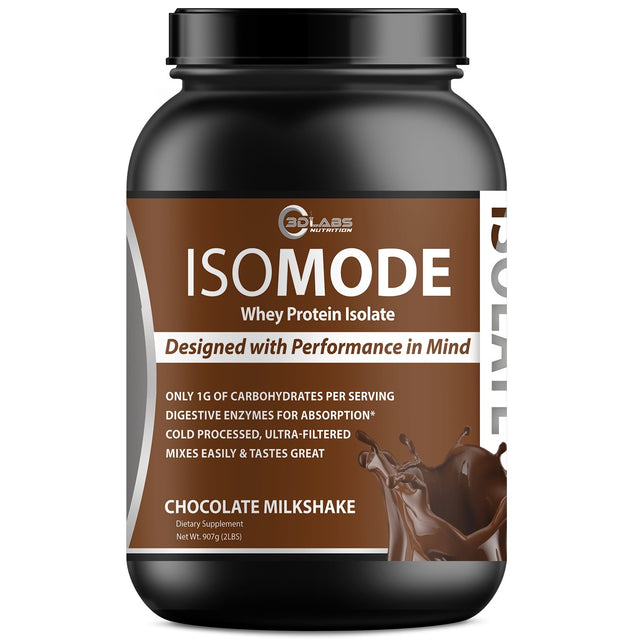Take a Deep Breath: 10 Simple Tips to Reduce Stress
Take a Deep Breath: 10 Simple Tips to Reduce Stress
"Positive stress causes growth, while negative stress beats our butts, the difference lies in our perspective and how we handle the challenges we face." - 3D Labs Nutrition
Stress can be a real pain in the butt, causing us to feel overwhelmed, anxious, and burnt out. But what if we told you that life doesn't have to be as stressful as many of us allow it to become? That with just a few simple tweaks to your routine, you can turn that high-pitched screech of stress into a distant hum, and reclaim your peace of mind. Take a deep breath and get ready to leave stress in the dust!
Stress is a natural response to challenging or threatening situations, and it can be both positive and negative.Positive stress, also known as eustress, can motivate and energize us to meet a deadline, perform well in a competition or achieve a goal. On the other hand, negative stress, also known as distress, can be overwhelming and harmful to our physical and emotional well-being.
Bad Stress is well Bad
When we experience stress, our bodies release a hormone called cortisol which triggers a "fight or flight" response. This response is designed to protect us in the short-term by increasing our heart rate, blood pressure, and muscle tension, and by redirecting blood flow to our major muscle groups.
This response is beneficial in situations where we need to quickly react to a threat, but it can become harmful when it is triggered too frequently or when it lasts for too long.
As most of us can figure out, chronic stress can have a negative impact on our physical and emotional well-being. It can lead to a variety of health problems such as heart disease, diabetes, and depression.
Stress can also cause or exacerbate existing mental health conditions such as anxiety and post-traumatic stress disorder. Additionally, stress can have a negative impact on our relationships, work performance, and overall quality of life.
There are several things that can contribute to stress, such as work-related stress, financial stress, relationship stress, and major life changes. Stress can also be caused by traumatic events such as the death of a loved one, a natural disaster, or experiencing physical or emotional abuse.
To manage stress, the negative kind, it is important to identify the sources of stress in your life and to develop coping strategies to deal with them. Here are ten ways to reduce stress levels.Ten Simple Tips to Reduce Stress Levels
- Exercise regularly: Regular physical activity can help to reduce stress by releasing endorphins, which are chemicals in the brain that act as natural painkillers and mood elevators. Exercise can also help to improve sleep, boost self-esteem, and reduce feelings of anxiety and depression.
- Practice mindfulness: Mindfulness is a form of meditation that involves paying attention to the present moment without judgment. It can help to reduce stress by promoting relaxation and helping to manage negative thoughts and emotions.
- Get enough sleep: Sleep plays a crucial role in stress management. Lack of sleep can increase feelings of anxiety and depression, while getting enough sleep can help to improve mood and reduce stress.
- Eat a healthy diet: Eating a diet that is high in fruits, vegetables, and whole grains can help to reduce stress by providing the body with the nutrients it needs to function properly. Avoiding caffeine, alcohol, and processed foods can also help to reduce stress.
- Connect with others: Social support is important for stress management. Spending time with friends and loved ones, or joining a support group can help to reduce feelings of isolation and loneliness.
- Practice relaxation techniques: Relaxation techniques such as deep breathing, progressive muscle relaxation, and visualization can help to reduce stress by promoting relaxation and reducing feelings of tension and anxiety.
- Take a break from technology: Spending too much time on electronic devices can increase feelings of stress and anxiety. Taking a break from technology can help to reduce stress by promoting relaxation and reducing feelings of overstimulation.
- Prioritize your time: Managing time effectively can help to reduce stress by allowing you to focus on what is most important and avoid feeling overwhelmed.
- Practice self-care: Taking care of yourself is important for stress management. This can include things like taking a relaxing bath, reading a book, or listening to music.
- Seek professional help: If stress is affecting your ability to function or causing significant distress, it may be helpful to seek professional help. A therapist or counselor can help to teach coping skills and provide support to manage stress more effectively.
Remember, managing stress is crucial for maintaining your overall health and well-being, so while all of the above suggestions may prove beneficial, you should not stress yourself out to implement all of them at once.
Our suggestion? Start with those you find easiest to implement!
Again, the task of reducing your stress levels, irrelevant of the cause, should not be, or become, as stress in and of itself. This would obviously be very counterproductive, and definitely unwanted.
Find what works best for you, and make a decision to make stress management a regular part of your routine.Always Remember...
We would love to hear your thoughts on this, or any other article we write, so please, drop us your comments, ideas, input, and suggestions in the comments below.
And, by all means, if you think anyone in your world might like something we write, use the share buttons below to help us spread the word!
Until next time...PROGRESS, not PERFECTION!
Don't forget, always consult your physician before making any changes to your diet or exercise regimen.
Live a 3D Life...Decisions Determine Destinations!








0 Comments
There are no comments for this article. Be the first one to leave a message!